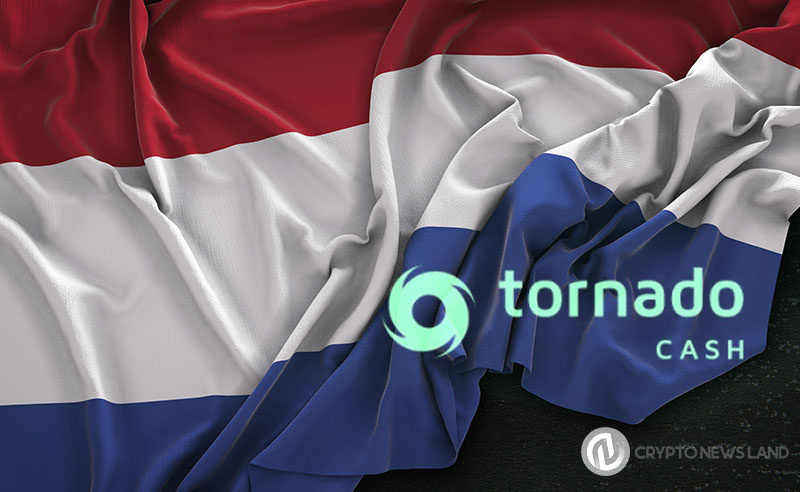- Alexey Pertsev will be released under monitoring as he appeals his conviction for money laundering.
- The TORN token surged over 15% after the news of Pertsev’s release showing strong market reaction.
- The case raises concerns about developer liability and could shape future regulations on crypto privacy tools.
Tornado Cash developer Alexey Pertsev is set for release today. The Dutch court intervened to stop Pertsev’s pretrial custody. He will remain under electronic monitoring. Authorities imprisoned him in May 2024 on money laundering charges related to Tornado Cash.
Pertsev views this as an opportunity to challenge his conviction. He previously argued he was not responsible for how users utilized Tornado Cash. The court ruled that he failed to stop illegal activities on his platform. He was convicted in May 2024 to serve five years and four months behind bars.
The Dutch legal system allows appeals in such cases. His legal team plans to contest the ruling, citing Tornado Cash as a neutral privacy tool. The case has sparked debates on developer liability in decentralized finance.
Market Reaction and Community Response
The TORN token surged over 15% after the news of his release, reaching $14.28. The token recorded a substantial 43.5% monthly increase despite its recent 6.9% weekly depreciation. The trading volume skyrocketed by 352% in one day reaching $748.68K.
Ethereum founder Vitalik Buterin reacted through a post that referenced “Milady.” He has consistently supported Pertsev and the Tornado Cash ecosystem. The crypto community is closely watching the case due to its impact on software developers.
Several privacy advocates have expressed concerns about the ruling. They argue that punishing developers for open-source software could stifle innovation. Others believe authorities should focus on bad actors rather than the tools they use.
Legal Implications and Future Developments
The case affects multiple groups including open-source developers and the cryptocurrency market. Tornado Cash co-founder Roman Storm also faces legal challenges. The U.S. charged him and co-founder Roman Semenov with laundering over $1 billion through the platform. Storm is free on a $2 million bond and awaits trial in April. The FBI has listed Semenov as their most wanted person.
In January, a US court eliminated the sanctions against Tornado Cash. The court decision sparked fresh controversy regarding financial regulation and crypto user privacy protection. Legal experts predict that the case will establish important legal precedents that will influence future decisions affecting cryptocurrency platforms.
The worldwide regulatory agencies are currently evaluating their policies for decentralized technologies. The outcome of the legal disputes will determine how privacy-centric blockchain features will evolve in the future.
